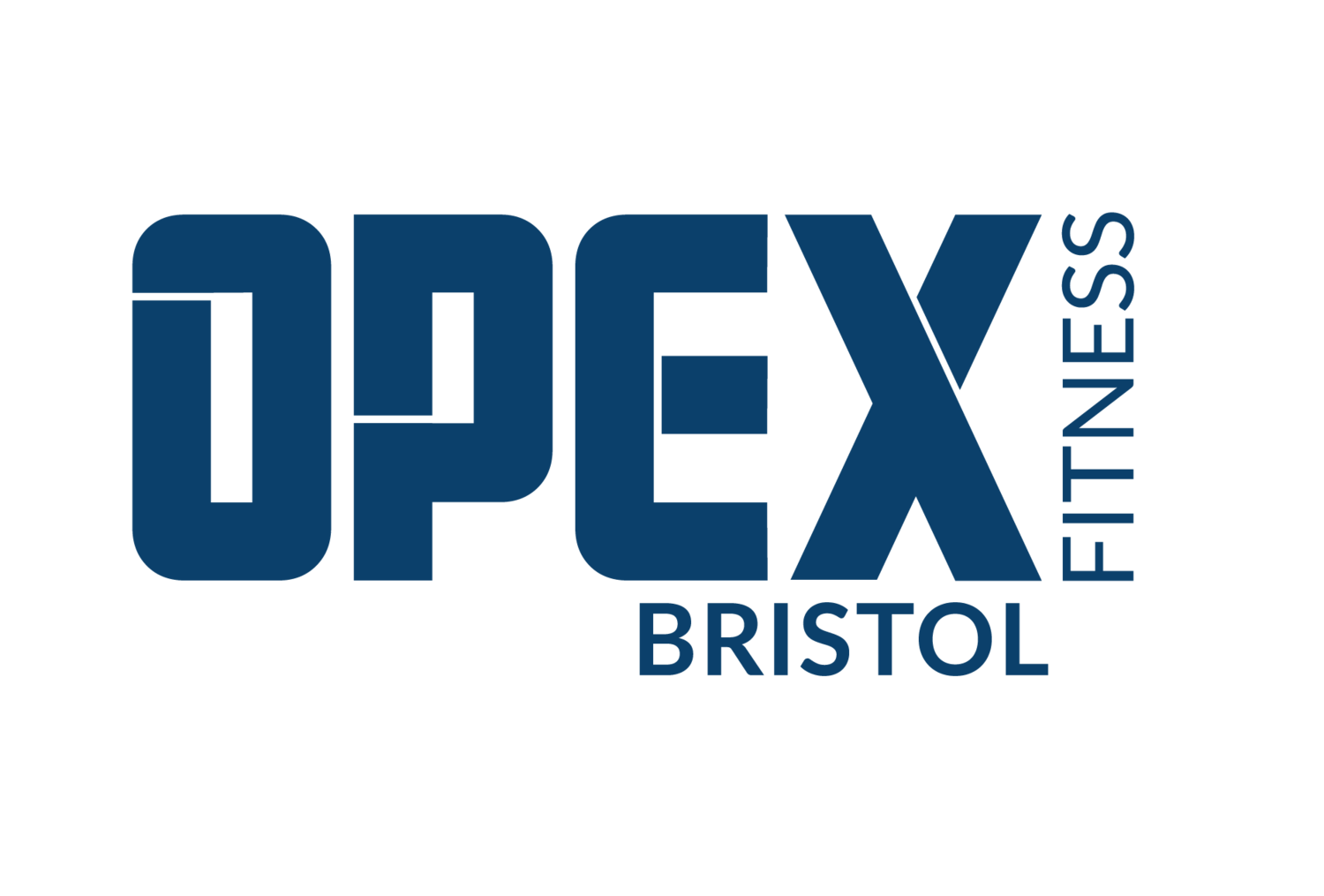Your Sleep is Wrecking Your Workouts — Here’s What to Do About It
Ever dragged yourself into the gym, fuelled by caffeine and sheer determination… only to move like you’re wading through wet cement? You slept, kind of. You trained, sort of. But progress? Nowhere in sight.
If you’re training in Bristol — whether you’re an OPEX client or just smashing out sessions at 6am before work — this one’s for you. Because sleep isn’t just a nice to have. It’s the thing that makes your workout count. And bad sleep? It’s silently torching your progress.
Let’s dig into why your dodgy sleep schedule could be killing your results and exactly what to do about it.
Why Sleep Matters for Fitness Progress
Bristol’s a city of doers. People who train, hustle, and juggle a lot. But when life’s loud, sleep gets pushed to the back burner — and that’s where the problems start.
Here's the thing:
Sleep is when muscle repair, hormone regulation, and recovery happen.
Skipping it is like trying to charge your phone with a broken cable — the numbers go up, but it’s not real power.
You think you’re training hard, but without proper sleep, your body’s running on fumes.
In fact, studies show that just one week of restricted sleep (under 6 hours a night) can reduce strength output by over 10% and increase perceived effort — meaning your workouts feel tougher for less return.
At OPEX Bristol, we see it all the time: people eating well, training smart, but still plateauing. Nine times out of ten? It’s the sleep.
So… How Exactly Is Poor Sleep Messing With My Training?
Let’s break it down into digestible chunks:
1. You're Recovering Slower Than You Think
Recovery isn’t about that protein shake. It’s about deep sleep. This is when growth hormone spikes, which helps with tissue repair and muscle growth. Shallow, broken sleep? Less hormone release. Slower recovery. More soreness.
2. You’re Getting Weaker — Not Stronger
Lack of sleep affects central nervous system performance. Translation: you feel sluggish, coordination dips, and your max lifts? Don’t even bother. Long-term, poor sleep is a fast-track to burnout and injury.
3. Hormones Go Haywire
Poor sleep increases cortisol (the stress hormone) and decreases testosterone — both bad news for muscle gain, fat loss, and energy. Ever noticed those late-night snack cravings or brain fog during workouts? That’s your hormones shouting for help.
4. Motivation? What Motivation?
Sleep-deprived brains crave comfort and avoid challenge. Skipping sessions. Cutting corners. Making excuses. Sound familiar?
The Most Common Sleep Mistakes We See at OPEX Bristol
❌ Caffeine After 2pm
Yes, even the one in your “decaf” flat white. Caffeine can stay in your system for 6–10 hours.
❌ High-Intensity Training Too Late
Training at 8pm? Great for your ego. Terrible for your sleep latency.
❌ Scrolling Before Bed
Blue light disrupts melatonin production. That IG reel you watched in bed? Just cost you 90 minutes of deep sleep.
❌ All Over the Place Bedtimes
You can’t "catch up" on weekends. Consistency is king.
Real-Life Fixes You Can Actually Stick To
These aren’t fluffy tips like “read a book and light a candle”. These are coach-backed, gym-client-tested methods that actually improve sleep quality.
✔ Stick to a Sleep Cut-Off
No screens, no work, no planning after 9:30pm. Let your brain wind down like your post-workout cooldown.
✔ Low-Intensity Movement in the Evening
Walking, stretching, or light mobility work can ease stress and improve sleep quality. It’s not fancy — but it works.
✔ Front-Load Your Training
Where possible, book morning or lunchtime slots. OPEX clients in Bristol find this dramatically improves sleep rhythm.
✔ Track, Don’t Guess
Use apps like WHOOP or even a basic sleep journal to notice patterns. Are you actually getting 7–8 hours, or just lying in bed for that long?
✔ Get Natural Morning Light
Step outside within 30 minutes of waking. Helps regulate circadian rhythm — and improves alertness without coffee.
FAQs About Sleep & Fitness from Our Bristol Clients
-
Honestly? It’s not enough — not if you’re training with any level of intensity. Your body and brain need at least 7–9 hours to recover and grow.
-
Depends. For heavy lifting or HIIT? Probably. For mobility, walking, or light cardio? Go for it — just adjust expectations.
-
Naps help, but they don’t replace consistent deep sleep. Think of them as topping up your battery, not charging it fully.
How OPEX Bristol Helps You Fix Sleep to Fuel Training
At OPEX Bristol, we don’t just look at your squat form — we look at the whole picture: sleep, stress, recovery, routine.
Whether you’re new to strength training or returning from injury, our coaching includes:
Sleep and recovery habit tracking via TrueCoach app
Lifestyle reviews during monthly consults
Adjusted programming based on your sleep patterns
Coach support for accountability and routine building
Don’t Train Tired — Train Right
You’re already doing the hard part — showing up. Now make sure your body can actually respond to that training.
Want to know how your sleep is impacting your strength, energy and results?
Book a free gym tour in Bristol
📍 Ashton Gate | Serving Bedminster, Southville & South Bristol
